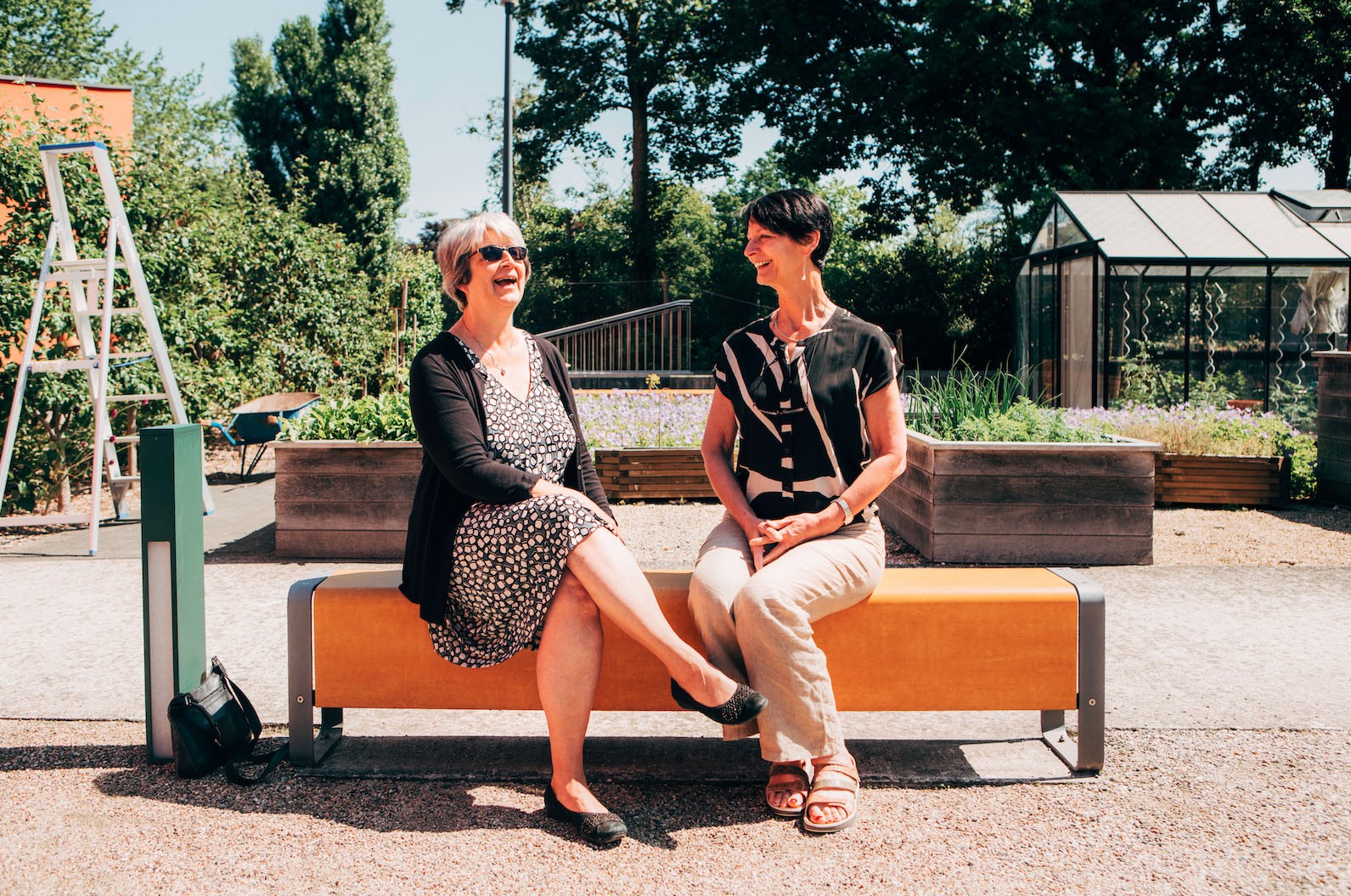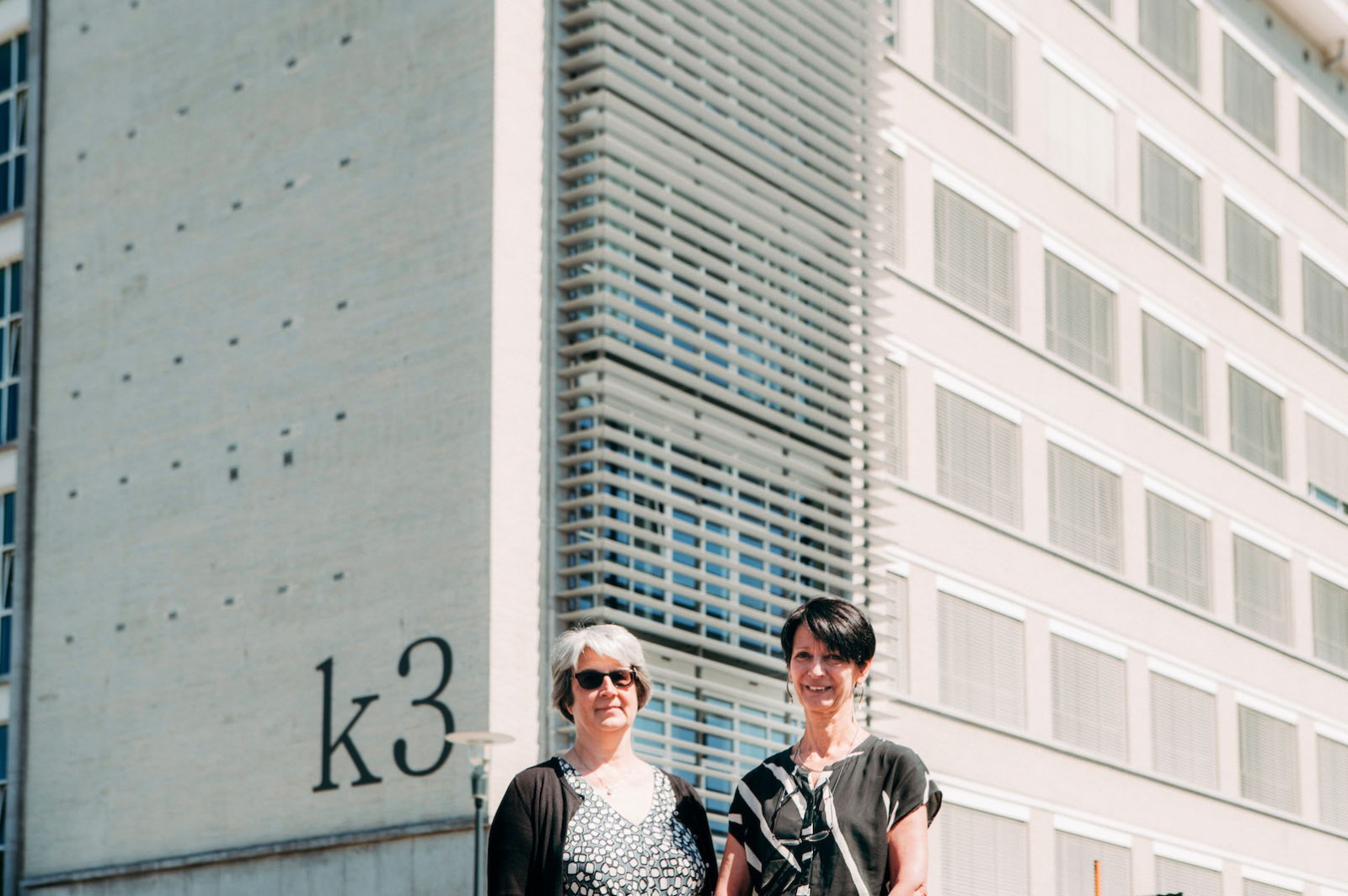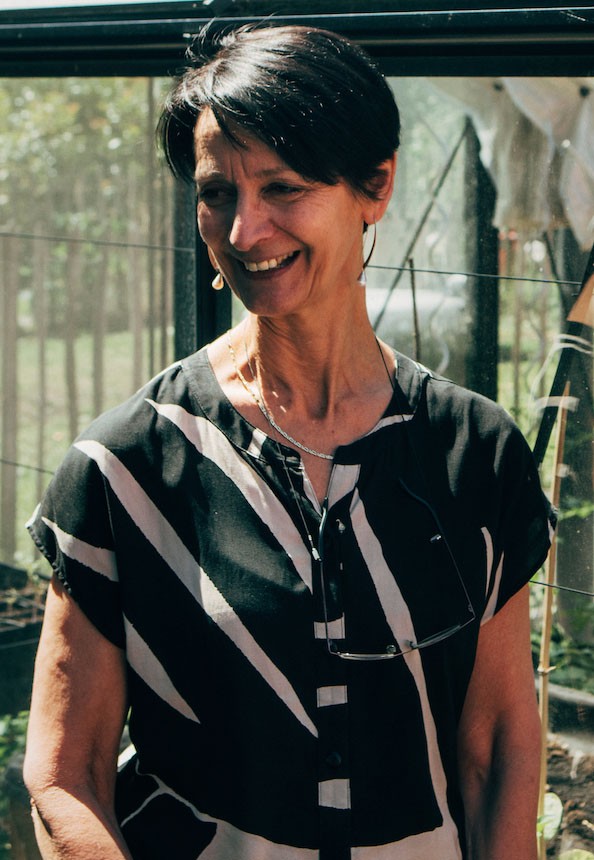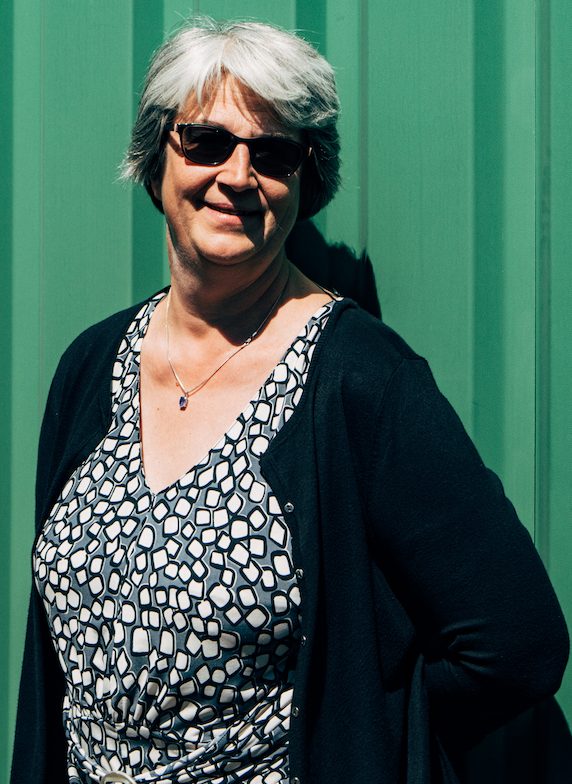“Stay out of the sun, avoid physical activity during the hottest time of day and have plenty to drink: with these three guidelines you will easily survive a hot sunny day and avoid sunstroke – or even worse: heatstroke”, says An De Sutter, head of general medicine (Faculty of Medicine and Health Sciences).
Your body has many ways to warn you that you are becoming overheated. An: “You start to sweat and your heart beats faster. When you sweat a lot then you lose salt as well as moisture. If your body lacks moisture it struggles to get cool and you therefore heat up even more. A salt deficiency can cause muscle cramps. You get a headache, feel floppy and can even faint.”
In that case you are probably suffering sunstroke. Fortunately, at that moment, you can still do something to prevent things getting worse. An: “Then the message is: cool down and drink! Get out of the sun immediately and find some shade or a cool room. Drink small sips of water or a sports drink, because a lightly sugared or salty drink will be absorbed more quickly by the body. Absolutely no alcohol or coffee.

Salty food
“Eat salty biscuits or crisps to rectify the lack of salt. Someone fainted due to the heat? Remove excessively hot and tightfitting clothing and put their legs in the air”, advises occupational physician Lut Braeckman. “What you certainly must not do is to underestimate the danger”, she stresses. “After all, however young or old you may be and whatever your state of health, high temperatures will put your body under pressure”, confirms An.
Heat stroke
Worst of all is heatstroke, because it is life-threatening. An: “Heatstroke is a form of overheating whereby your body temperature exceeds 40 degrees. That means you are in danger, and risk nausea and vomiting, neurological complaints such as confusion and fits, a racing heart and even a coma.”
In the case of such symptoms you must go straight to the accident and emergency department. In the meantime you can help someone with heatstroke by trying to cool them down as much as possible. “For example, by cooling the body with wet clothes. The water can be cool but definitely not ice cold, because then there is too much difference compared to the person’s body temperature”, advises An.
Children are more sensitive to heat
Unfortunately there are fatalities in every heat wave, many of which are vulnerable elderly people with other ailments. But children and babies too are more at risk when exposed to the sun for long periods. “In children, the thermoregulation system is not yet fully developed, which is why they are more sensitive. Also, when they are busy playing they do not pay attention to drinking enough”, confirms Lut.
An: “And babies should be kept out of the sun entirely and should wear a bonnet. Children heat up more quickly, which is why you should never leave children in the car, even for a few minutes!” Also handy to know: if you take diuretic medicine you should pay extra attention and drink plenty. In any case, it can do no harm to check with your doctor what you need to watch out for, as other medication can also make you more sensitive to heat.

Keep an eye on the UV index
In fact, it is always worth listening to the weather man during the hottest summer days. “When the UV index reaches 3 or 4, you need to watch out not to remain in the sun for too long, as you will burn more easily”, says An. Humidity can also be important. Lut: “The more muggy and moist the air, the more you will struggle to cool down, because you are unable to sweat properly.”
T-shirt with long sleeves
As an occupational physician, Lut advises employers and employees on heat measures. “At Ghent University the working hours can be changed in the case of a heatwave, and I think that’s a good solution. Another example is to allow extra breaks”, says Lut.
Of course, there are lots of people who work outdoors, for example, in the building industry. Lut: “I advise employers to provide sun cream or to install parasols, so that people are not required to work in the direct sun. I advise employees to wear a T-shirt with long sleeves and a hat.”

Professor An De Sutter chairs the Center for General Medicine in the department of Public Health and Primary Care. “As a general practitioner, on warm weekends, we do see people arrive at the practice who are suffering sunstroke. Personally, that is something I have never experienced. I have never had sunstroke, because sitting in the sun is nothing for me.”

Professor Lutgart Braeckman (faculty of Medicine and Health Sciences, department of Public Health and Primary Care) specialises in occupational medicine. “I too prefer the shade on a hot day. I also ensure that I drink plenty of water.”
Read also
Is a stool transplant a potential treatment for Parkinson’s?
A recent study into Parkinson’s disease has shown that a stool transplant may constitute a new and valuable treatment of the disease. “It offers a potentially safe, effective and cost-efficient way of alleviating the symptoms and improving the quality of life of millions. A 'bacterial pill' might replace the stool transplant in the future. But more research is needed.”
Researcher fights unpleasant side effect of breast cancer treatment with innovative contrast agent
1 in 9 women in Belgium will develop breast cancer. The treatment is often accompanied by the injection of a radioactive liquid and blue dye that can turn the breast blue for years. To avoid this side effect, Ghent University researcher Loren Deblock is working on a new contrast agent made of... nanocrystals.
Is it easier to live with HIV than with the stigma that surrounds it?
HIV, the virus that causes AIDS, surfaced in the eighties. Long gone are the times when the virus was a sure death sentence. Still, even after all these years the stubborn stigma that surrounds HIV persists. Why is that and what can be done about it?
No more painful mammograms thanks to researchers in Ghent?
Researchers around the world are looking for innovative ways to detect and treat breast cancer. So are experimental oncologist An Hendrix and medical oncologist Hannelore Denys, two top researchers from Ghent.



